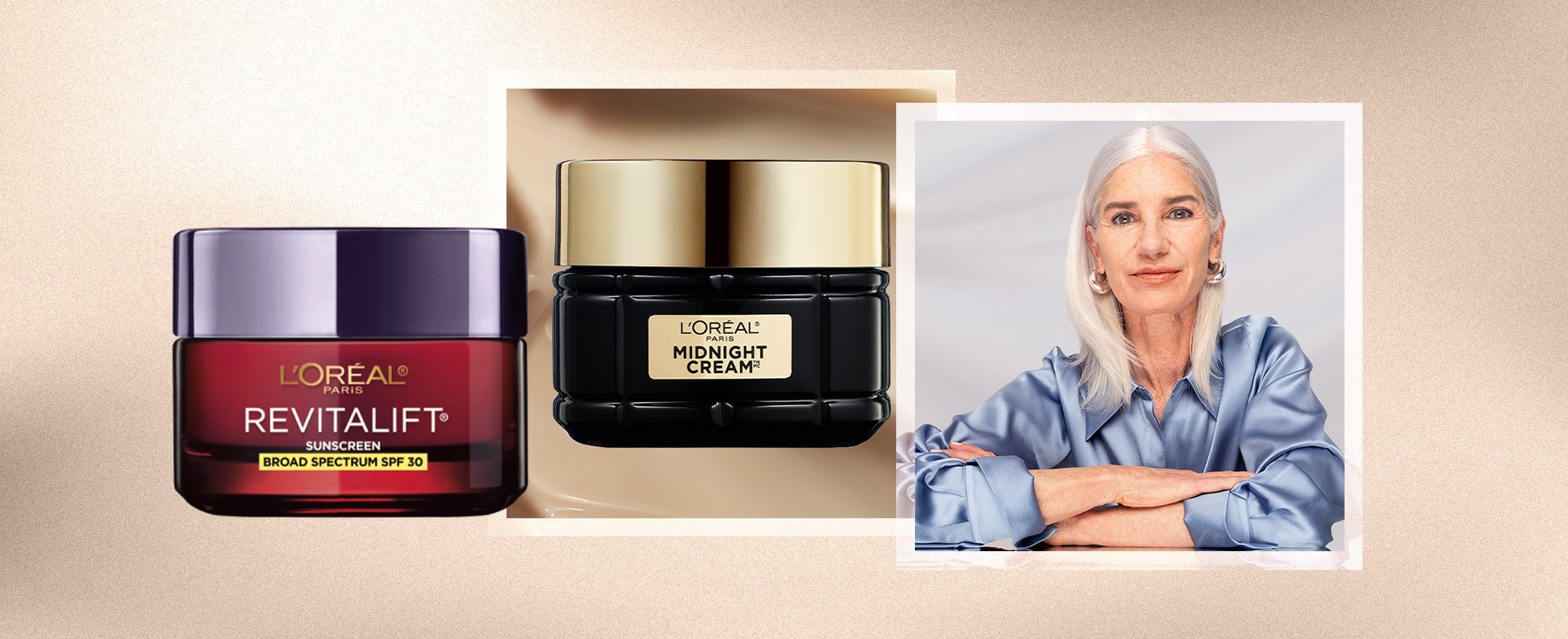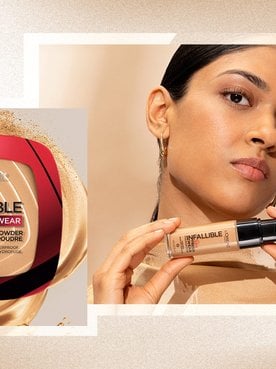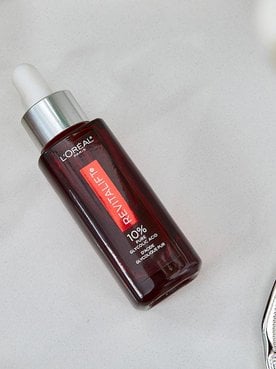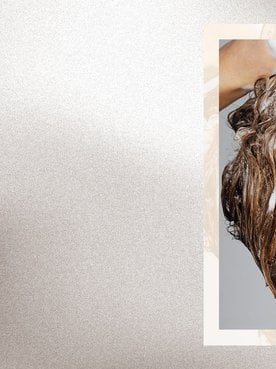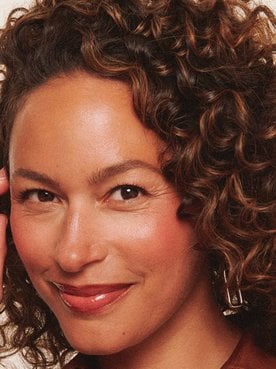As we age, many of us eventually switch from basic hydrating moisturizers to targeted formulas that help address the visible signs of aging. But the best anti-aging cream isn’t one-size-fits-all. As you’re probably aware, skin aging can manifest in numerous ways, from fine lines and wrinkles to dark spots, dullness, and sagging. Finding the best moisturizer for aging skin involves identifying what your skin needs most and selecting a formula that delivers just that. If you’re beginning your skincare journey and need help getting started, keep reading. Ahead, we’ll explain what anti-aging moisturizers can (and can’t) do, clue you in on some of our favorite ingredients for mature skin, and offer advice on how to choose an anti-aging cream that suits your needs.
Understanding the Signs of Aging Skin
Aging shows on your skin in several ways: fine lines around the eyes, deeper wrinkles across the forehead, dry patches that weren’t there before, or a noticeable loss of bounce and firmness. Dark spots may surface after years of sun exposure, and skin tone can look uneven or dull.
These changes don’t happen all at once. They appear differently at every age. In your 20s and 30s, you might notice subtle expression lines and occasional dryness. By your 40s and beyond, your skin can start to feel thinner, with more pronounced lines and a gradual loss of elasticity and radiance, also known as crepey skin.
While the right routine can help address these concerns, keep in mind that not even the best wrinkle cream or skin-tightening cream can completely erase the signs of aging. What they can do is help ensure your skin looks (and feels) its best at every stage of life.
Identifying Your Skin Type and Concerns
Knowing your skin type is the key to creating an effective skincare routine. Generally speaking, there are five main skin types—oily, dry, combination, sensitive, and blemish-prone—each with its own set of concerns and needs.
Oily skin typically benefits from lightweight, non-comedogenic formulas that help balance shine, while dry skin often craves rich, hydrating formulas that replenish moisture and lock it in. Combination skin needs a mix—hydration in some areas, oil control in others. Finally, sensitive skin requires gentle care, with soothing formulas that help calm, hydrate, and protect the skin.
In addition to your skin type, identifying your top concerns, such as fine lines or dark spots, can help you narrow down the types of formulas that’ll best suit your needs. If you need help with that, consider using our Skin Genius tool. The AI-powered tool analyzes your skin and draws on over 30 years of research to provide personalized product recommendations tailored to your specific needs.
Key Ingredients To Look for In Anti-Aging Creams
If you’re looking to target the visible signs of aging, keep an eye out for formulas made with the following ingredients:
- Retinol: According to the Cleveland Clinic, products with this vitamin A derivative are commonly used to help firm the skin, smooth the appearance of fine lines and wrinkles, and improve skin texture.
- Hyaluronic acid: Skincare products with this powerful hydrator can help diminish age-related dryness, plump the skin, and promote a youthful, dewy glow.
- Vitamin C: This naturally occurring antioxidant is widely used to help combat the visible signs of sun damage, according to the Cleveland Clinic. Products with vitamin C (also known as L-ascorbic acid) can also help improve the look of fine lines, wrinkles, and enlarged pores.
- Niacinamide: Products with niacinamide (vitamin B3) can help the skin retain moisture, per the Cleveland Clinic. Some formulas may also help firm the skin, improve skin tone, or diminish the appearance of redness.
- Alpha-hydroxy acids (AHAs): AHAs help exfoliate the skin to promote a brighter, more radiant appearance. There are several different types of AHAs used in skincare, but if you’re looking to target the visible signs of aging, glycolic acid is a great pick—according to the Cleveland Clinic, it can help boost the skin’s hydration.
- SPF: The single most important ingredient to include in your anti-aging skincare routine is (unsurprisingly) sunscreen. Follow the advice of the United States Food and Drug Administration (FDA) and choose a broad-spectrum sunscreen with an SPF of at least 15.
6 of Our Favorite Anti-Aging Creams for Mature Skin
L’Oréal Paris RevitaLift Triple Power Moisturizer with SPF 30
Whether you’re just beginning your anti-aging skincare journey or you’ve had an established routine for a while, this is a great anti-aging cream to add to your routine. The powerful formula contains a triple whammy of pro-retinol, vitamin C, and hyaluronic acid and helps to firm and brighten the skin while smoothing the appearance of wrinkles. Plus, it provides broad-spectrum SPF 30 protection against damaging UV rays—without the telltale white cast that some sunscreens can leave behind.
L’Oréal Paris Collagen Moisture Filler Facial Anti-Aging Moisturizer
If your mature skin is on the drier side, add this nourishing moisturizer for dry skin to your routine. The collagen-packed formula delivers up to 48 hours of non-greasy hydration, leaving the skin smoother, plumper, and more youthful-looking over time. Plus, it’s non-comedogenic, so it’s a safe pick even if you have blemish-prone skin.
L’Oréal Paris Age Perfect Skin Care Cell Renewal Anti-Aging Day Moisturizer
Defend your skin against UV rays and environmental damage with this anti-aging day cream. It’s formulated with a patented antioxidant complex and helps reinforce the skin’s natural moisture barrier, supporting its natural renewal process. Apply the SPF 25 formula each morning as the final step in your skincare routine, and enjoy firmer, more radiant-looking skin over time.
L’Oréal Paris RevitaLift Pressed Night Moisturizer with Retinol + Niacinamide
A retinol cream may be just what you need if you often find yourself wondering how to get rid of forehead wrinkles. This one is an excellent pick for retinol newbies. It’s formulated with a 12% complex of soothing ingredients and hydrates as it helps to smooth wrinkles and firm the skin. If you’re a first-time user, we recommend incorporating the cream into your routine slowly. As your skin adjusts, you can gradually work up to nightly usage.

L’Oréal Paris RevitaLift Micro Hyaluronic Acid + Ceramides Line-Plumping Water Cream
If your skin tends to be oily, a water-based moisturizer can help provide necessary hydration without weighing down your skin. We love this pick, as it boasts a lightweight texture that absorbs quickly without leaving behind a slick or greasy feel. Plus, the hydrating formula immediately plumps the skin, while continued use leaves the skin looking brighter, smoother, and more youthful over time.
L’Oréal Paris Age Perfect Skin Care Cell Renewal Midnight Cream
In the evening, swap out your SPF moisturizer for this rich night cream. The luxurious-feeling formula melts into the skin and delivers deep hydration to help replenish the skin barrier. With regular use, you’ll notice firmer, more radiant-looking skin with less noticeable fine lines and wrinkles.

How To Incorporate an Anti-Aging Cream Into Your Routine
Adding an anti-aging moisturizer to your routine is pretty straightforward, but there are a few things to keep in mind. First, you’ll want to moisturize twice daily (and always after washing your face). This applies to everyone, regardless of skin type—your skin needs moisture to look and feel its best. It’s also important to remember that if you’re using an SPF moisturizer during the day, you’ll need to reapply it (or a different sunscreen) at least every two hours to maintain protection.
It’s also a good idea to take note of the ingredients in your anti-aging cream and compare them with those in the rest of your routine, as some ingredients (such as retinol and AHAs) can dry out the skin if used simultaneously. Using your AHAs in the morning and saving your retinol cream for night can help reduce the chance of developing dryness or irritation.
Finally, remember that your routine may need to change over time as your skin matures. If you have questions about how best to care for your skin, consult your dermatologist—they’ll be able to provide tailored advice according to your skin type, specific concerns, and lifestyle.
Next Up: How To Prevent (and Manage) Forehead Wrinkles and Lines
Photo courtesy of L’Oréal Paris
